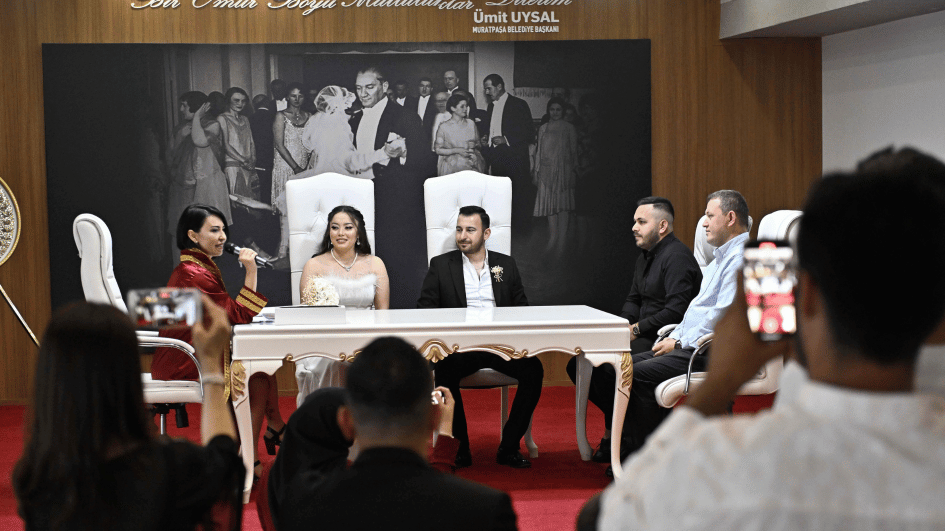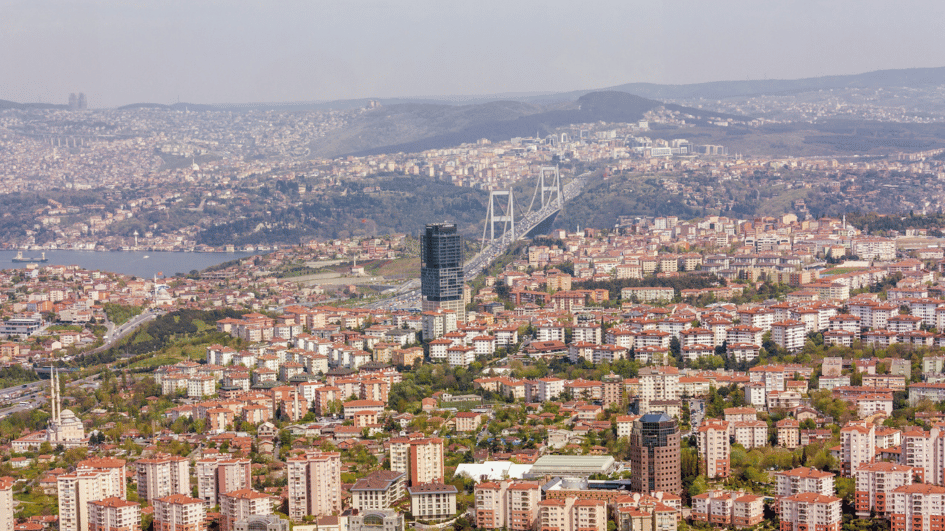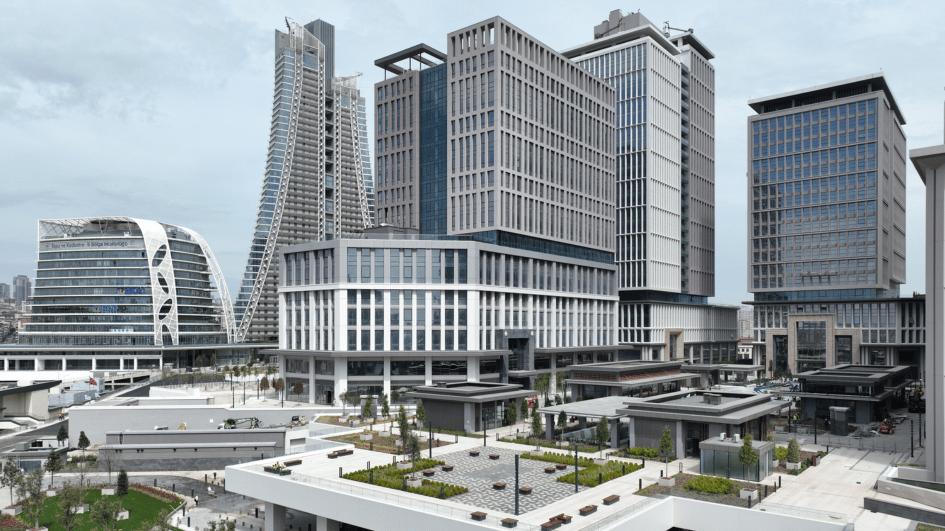Film rewound, AKP’s test with religion
NİLÜFER GÖLE
As a society we are at a new threshold. Gezi was an opportunity for all of us, to mend the broken soul, to subside the anger, to multiply the humor for a more pluralist, more creative Turkey.The flattening of the Gezi Park, the violence exerted on the youth, women, children, doctors and lawyers, the pursuit up to hotel lobbies, the arrests all show that the government has entered the denial spiral. Democracy in Turkey projects a bad image. The government itself is projecting this image. An image of a deaf and cruel government cannot be erased with crowds or elections.
The government party has taken all the powers of the state at its side but it acts as if it is not in power. The film has been rewound. We are going back to the Ergenekon case, Cumhuriyet meetings, February 28, May 27, the founding of the Republic; we are taking steps backward.
The wound that was considered to have healed between the Muslims and the Republic is being scratched again; and in an environment when the republic classes have been injured, have become vulnerable and victims. The Muslims are attributed the identity of the victim. The others are deemed proper with the terrorist treatment.
In a period when the two Turkeys, estranged to each other, have come closest, when the walls in between were lifted, when secular and religious boundaries have thinned, the secularism and Islamism contrast is brought up again. Doubt in each other and a deep distrust are fast dragging us to an environment of division and clash. The reflexes of old Turkey hit us in the face like a boomerang.
All of these damage the sense of justice; disrupt the perception of reality.
Today’s Islamic political discourse rewinds the film.
It is not correct; it is not just. Islamism today has gone through a transformation; it has created its own elite. Muslim intellectuals, the Islamist middle class, journalists wearing headscarves, leftist Muslims, they have formed new faces, classes and elites of Islamism.
Regarding drinks, women, interest and Alevism, a religious Sunni majority mentality and an Islamist lifestyle are trying to be imposed. The moral themes bring to mind not “conservative democrats,” but the past’s narrow, uptight “bigot” category, in other words a forced set of moral values. It disregards the new lifestyles of the new Muslim classes.
The Gezi protests demanded respect for pluralist lifestyles. Muslim writers showed support.
The text signed by several well-known Muslim intellectuals, starting with “Dear Muslims,” features important manifests in each paragraph: “Those trying to protect the trees of the poor encountered the toughest face of arrogance… We condemn the rising of the pious-secular conflict… Measuring everything with richness and power does not reflect Muslim morals… The fact that once you were victims does not justify your presence right next to the cruel...”
Most importantly, they reminded, “Just because we fear that our worship, our headscarf, our shrine will be touched, if we incline toward seeing that our rulers are correct under all circumstances even if they have diverted from the principles of justice; then we should know that one state or one party cannot protect our religion.” They reminded that they should depend on their own faith and sense of justice.
Using the contrast of secular and Islamist is rewinding the film. It gives credit to street democracy instead of the democracy of the square, to the voter instead of the citizen, to bigotry instead of conservatism.
Right here at the new threshold we have reached, the ruling Justice and Development Party (AKP) is being tested with religion, with Islam. Primarily by those faithful and intellectuals who have stood against the politicization of Islam and against religion being used as a tool for separatism.
This abridged article is taken from the t24.com.tr website. It was translated into English by the Daily News staff.











